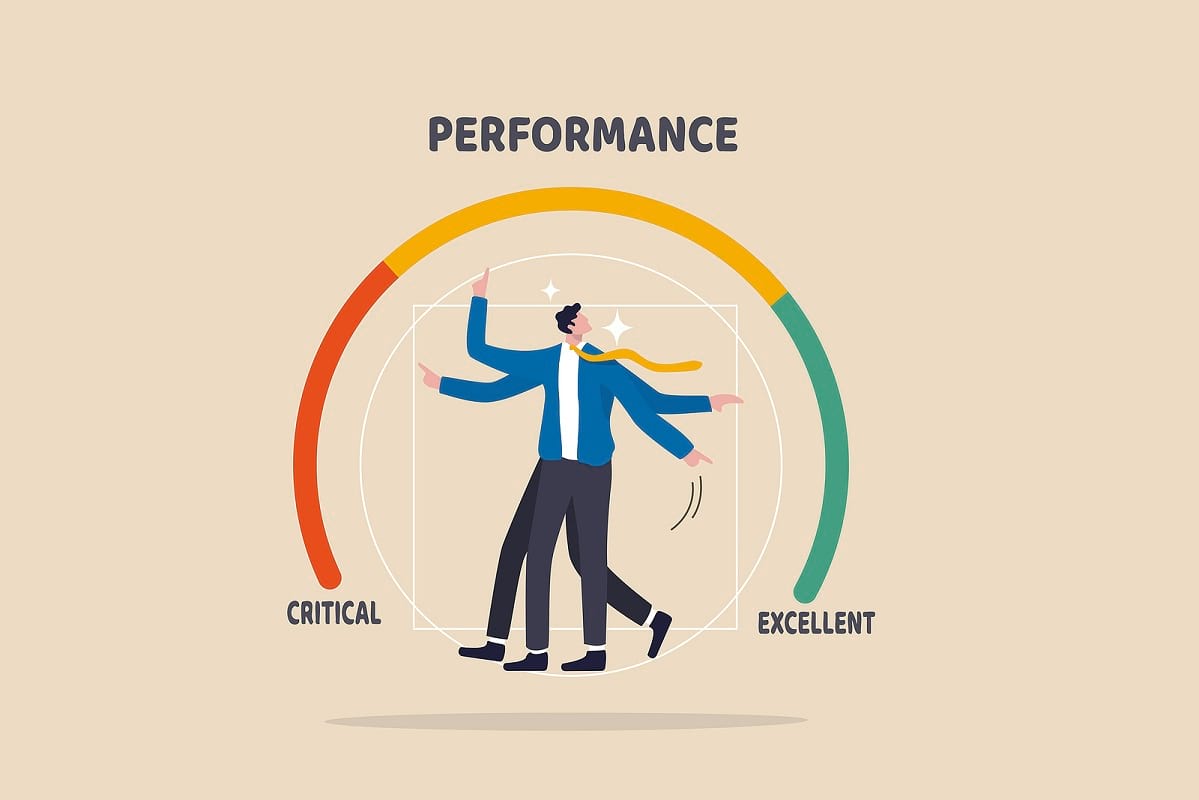How to Bring Your A-Game and Why It’s Important

Today’s landscape has made it challenging to consistently bring our “A-Game” to the table. Lack of employee engagement is a vast reality and a real threat to business. Having a positive mindset and continually adding value when everything is going well is easy, but it can be a heavy lift in challenging times.
“Bring Your A-Game” is a phrase we have heard frequently and means to bring maximum effort, focus, and absolute commitment to the table. The importance of getting our “A-Game” to work is quite simple: it maximizes everybody’s time and the ability to add value. It means leaving nothing on the court and doing your best — no excuses. Maximum effort produces maximized results.
When an organization promotes and practices playing its “A-Game,” it is a win-win because productivity and sense of accomplishment soar. Knowing you gave your best is all anyone can do, but not putting out maximum effort reduces the possibilities for results and optimal achievement. This philosophy bodes exceptionally well for the recruitment process. Right from the start of the employment process, recruits know this is an organization that plays to win and part of the culture is about bringing effort and value to the table every day. Put it in your corporate way of life, culture, and DNA that positions the organization to be successful.
Here are a few tips on how to bring you’re “A-Game” when you’re not feeling it or if you want to improve your game:
Adjust Your Attitude
There is a saying, “Attitude determines altitude.” The better your attitude, the higher your altitude. Given two people with similar talent, I can guarantee that the one with the better attitude will be more successful. We all ride the Mood Elevator up and down every day. If you google the term “mood elevator,” you will see a chart with a list of moods ranging from “depressed,” “angry,” and “hostile” at the bottom of the list to “grateful,” “wise,” and “insightful” at the top. Then, in the middle of the mood elevator are the words “curious” and “interested.”
When unfortunate things in life happen, we often forget we have the choice of how to react. Most of us follow our emotional impulses of judgment, anger, frustration, and defensiveness. Trust me, nothing good will come of letting your negative emotions take over. It is always best to pause and think of what you can learn or if there is something positive we can take away from a negative experience.
This is what we call the midlevel point of the mood elevator, one of curiosity. The idea is you never let yourself dwell below the level of curiosity because it will not serve you or anyone else around you. Research shows that having a positive attitude is contagious so that you can enhance the mood, morale, and performance of those around you!
Be a Problem-Solver
Problems and challenges happen, and no one escapes them. When you become good at solving problems or turning challenges into opportunities, it benefits us, and we gain skills in resolving them. My favorite way to do this is by identifying the problem in writing and brainstorming potential resolutions on paper.
If solutions do not come, get the help of others on your team, or ask a friend. The worst thing you can do is dwell on a problem, rehash it with each person you encounter, or point your finger and spend your time searching for who is to blame. This behavior never helps. If you want to be at your best, you will discover how to quickly get past the issue and obstacle to expend your energy productively.
Communicate Constructively
A good communicator can express their thoughts clearly, directly, honestly, and with respect for others. A good communicator is also someone who can make a point. No one likes the pontificator who talks endlessly but adds no value. One of the best and most effective ways to improve your communication skills is to think before speaking or writing it down and make sure it is concise and adds value.
Make Something Happen
You cannot have an “A-Game” without effort. Do the work, start the process, and take the first step. Instead of worrying about the lack of performance, productivity, and commitment of others, decide to set an example.
Give Credit Where Credit Is Due
Taking the time to praise others for their efforts or accomplishments, even small ones, will lift the recipient. It can also create a positive environment and one where achievements are celebrated.
Have Fun
We often think there is no place for fun in the workplace. But what if I told you thatevidence translates into fewer sick days, more challenging work, and greater productivity? Having fun at work does not have to be anything more than wearing your favorite sports team t-shirt or having a virtual five minutes of fun.
When an organization promotes and practices playing its “A-Game” more consistently, morale, employee engagement, and productivity improve. Incorporating this philosophy at the beginning of an employee’s lifecycle during the recruitment process will position the organization and employee to participate and perform at a higher level from the start. Being a competitive high-caliper organization is challenging enough today. Promoting absolute commitment, maximum effort, and focus provides a competitive edge, and what company doesn’t need that today?
Peggy Sullivan is the founder of the nonprofit organizationSheCAN !
Get the top recruiting news and insights delivered to your inbox every week. Sign up for the Recruiter Today newsletter.

